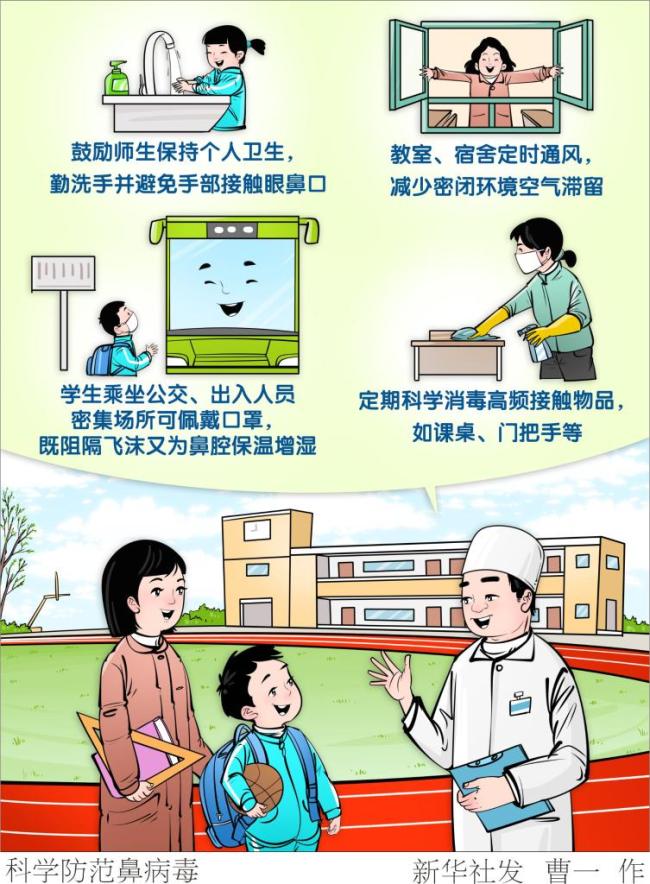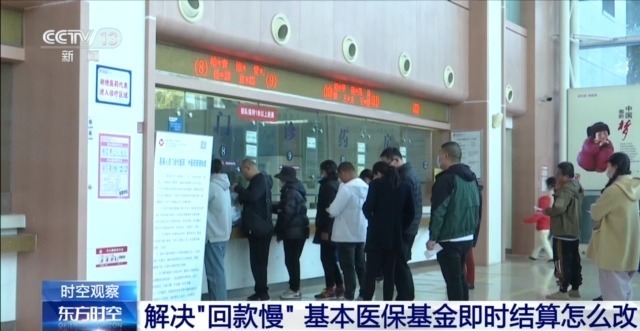Xinhua News Agency, Beijing, February 17 (Reporter Gu Tiancheng) At the beginning of the new semester, the number of people gathered on campus and the number of close contacts increased, and the risk of rhinovirus transmission cannot be ignored. The Chinese Center for Disease Control and Prevention reminded on the 17th that rhinovirus is one of the important pathogens that trigger the common cold, and targeted protective measures should be taken to better protect the health of teachers and students during the school season.
Rhinovirus is a small RNA virus without encapsulation, and was named after it was first isolated from the nasal cavity of a cold patient. It is suitable for reproduction in a nasal environment from 33℃ to 35℃. At present, 169 types have been found. The diverse types make it difficult for the human body to form long-lasting immunity. After infection with rhinovirus, most people have mild symptoms, their body temperature is usually normal or slightly elevated. They are common with mild symptoms such as nasal congestion, runny nose, and sore throat, and usually heal themselves in one week. However, for a small number of children, people with low immunity and patients with chronic respiratory diseases, asthma or lower respiratory tract infection may be induced.

Relevant experts from the China Center for Disease Control and Prevention introduced that rhinovirus is mainly transmitted through contact and air. Rhinoviruses can survive on the surface of objects for up to several days and have certain tolerance to alcohol. After touching the contaminated surfaces such as door handles, desks, etc., touching the mouth and nose, or inhaling droplets that the patient coughs or sneezes, can be infected.
How to strengthen campus prevention and control? Experts emphasize the following measures: encourage teachers and students to maintain personal hygiene, wash their hands frequently and avoid contact with their eyes, nose and mouth; regularly ventilate classrooms and dormitories to reduce air retention in closed environments; students can wear masks when taking buses and places with crowded people, which not only blocks droplets but also keeps the nasal cavity warm and humid; regularly and scientifically disinfect high-frequency contact items, such as desks, door handles, etc.
Experts call on children, the elderly and patients with underlying diseases to take a timely rest. If the symptoms are more important, seek medical treatment in a timely manner, and school-age children should avoid going to school with illness to increase the risk of transmission. Schools should strengthen health education, parents should cooperate to pay attention to students' physical condition, jointly build a solid campus health defense line, and escort the new semester.




